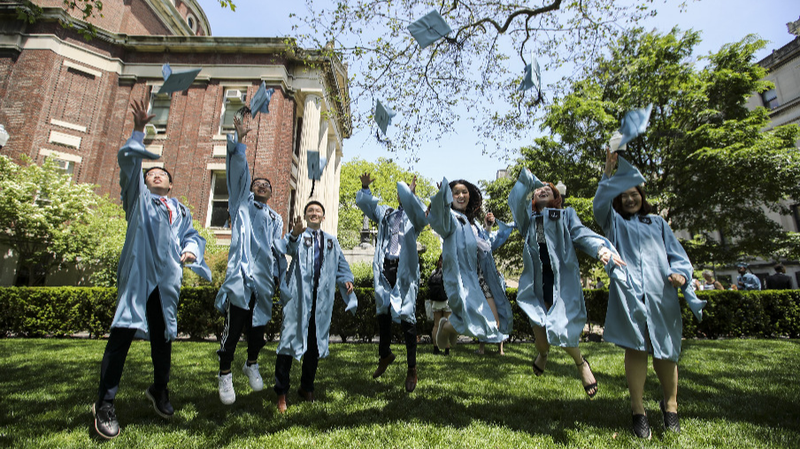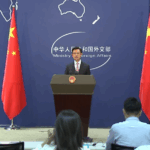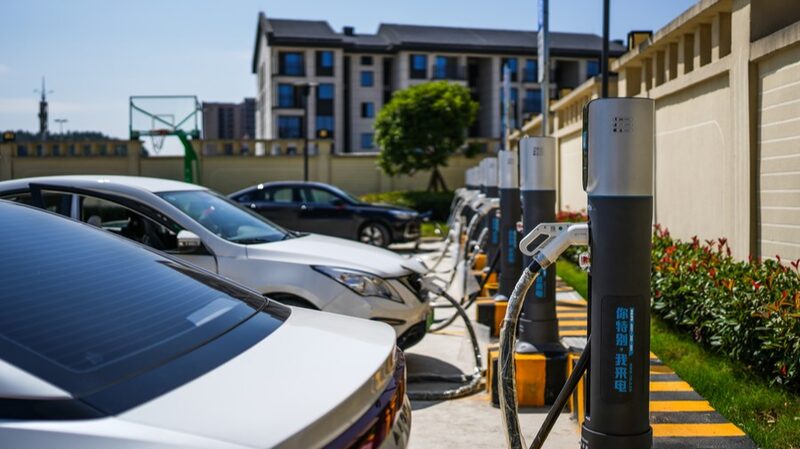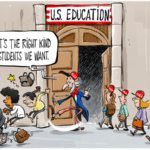Recent U.S. measures targeting international students, including visa cancellations and proposed legislative bans on Chinese nationals studying in America, have sparked debates over their long-term economic and diplomatic consequences. Over 300 students faced visa revocations this year, with lawmakers citing national security concerns as justification.
A Costly Decision for Tech Leadership
Chinese-born academics play a pivotal role in U.S. technological advancement, particularly in artificial intelligence (AI) and semiconductor development. A 2022 MacroPolo study found 38% of top-tier AI researchers at U.S. institutions hold Chinese undergraduate degrees—surpassing the 37% educated domestically.
Industry leaders like Zhou Wenjun (programmable memory pioneer), Dr. Fei-Fei Li (Stanford AI co-director), and NVIDIA executives of Chinese descent exemplify this cross-border collaboration. Matt Sheehan of the Carnegie Endowment warns: "Chinese-born researchers are critical to U.S. AI competitiveness."
Economic Repercussions Mount
U.S. universities risk severe financial strain, with Chinese students contributing $14.3 billion in 2023—nearly 25% of all international student revenue. According to NAFSA, every three foreign students support one American job through tuition and living expenses.
Should proposed bans expand, experts predict collapsed funding for STEM programs and reduced talent pools for Silicon Valley. Over 60 universities recently reported decreased Chinese graduate applications, signaling early warning signs.
Diplomatic Frost in Academic Exchanges
Student exchanges have long served as informal diplomacy between nations. The cancellation of Fulbright-type programs and increased visa denials now threaten this cultural bridge, potentially deepening mistrust during heightened technological rivalries.
Reference(s):
cgtn.com








